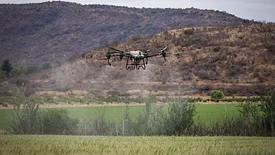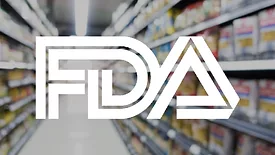Regulatory
FDA's Proposed Post-Market Assessment of Food Additives and Chemicals in Food
If FDA plans to elevate its post-market chemical review to a new level, it should introduce a robust regulatory scheme that is adopted through a regular rulemaking procedure
December 22, 2025
Never miss the latest news and trends driving the food safety industry
Newsletters | Website | eMagazine
JOIN TODAY!Copyright ©2026. All Rights Reserved BNP Media.
Design, CMS, Hosting & Web Development :: ePublishing












